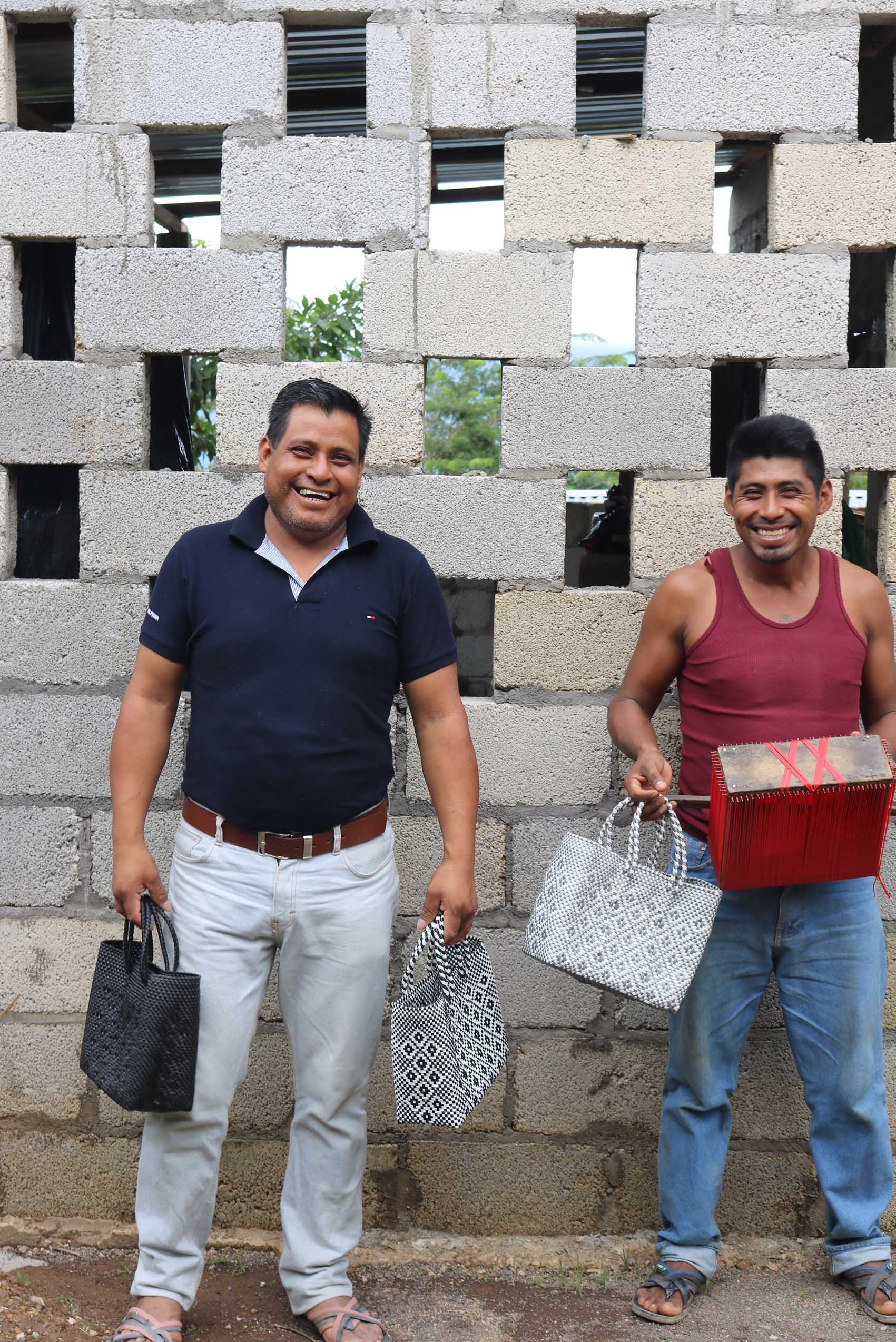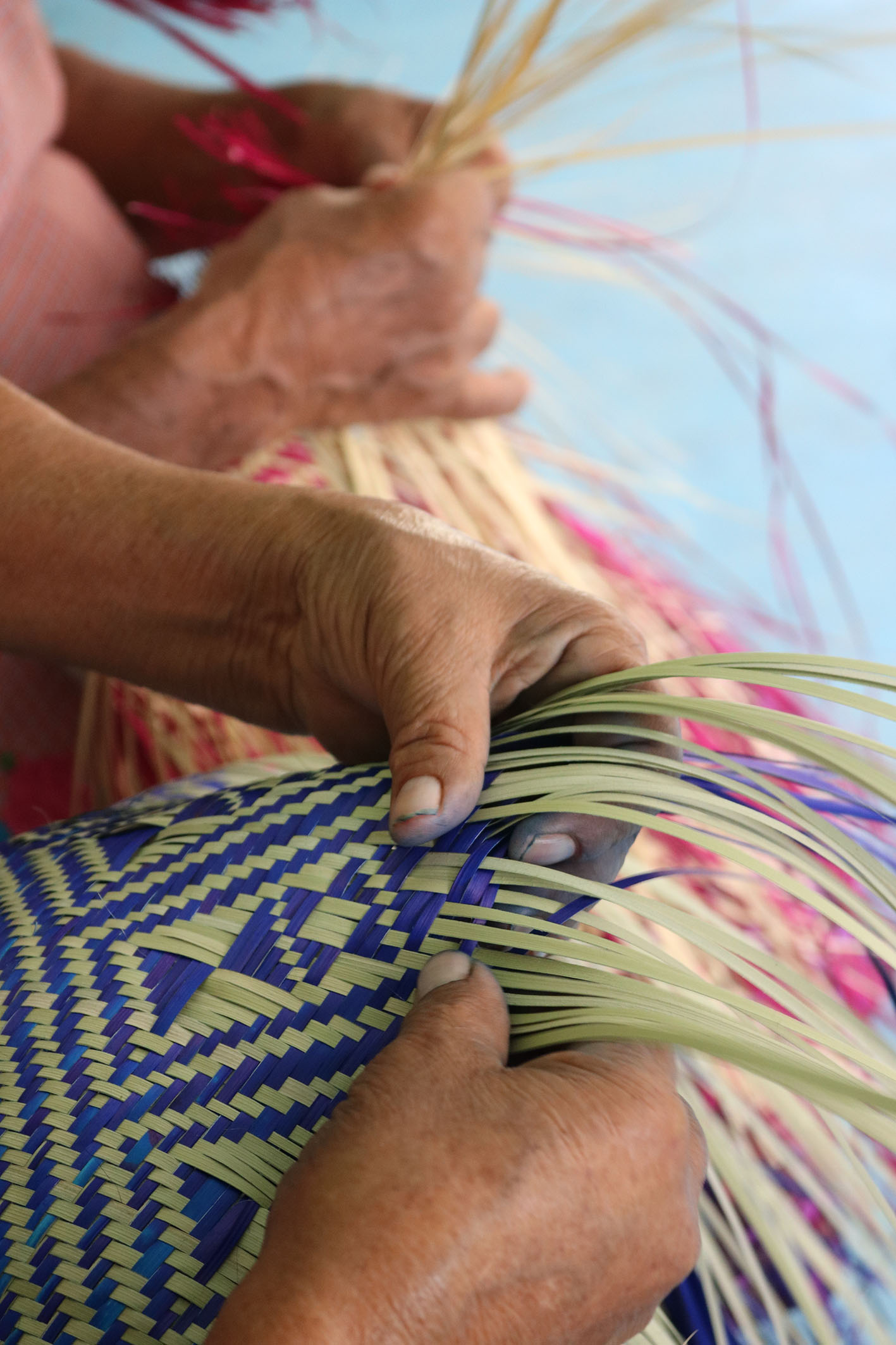From the very first time she visited Mexico Ariane was fascinated by the cultural diversity of Mexico. Later she worked several years on th spot to improve community development and defend human rights. Her partner Jonathan is from Puebla, Mexico and has a Master’s degree in Heritage Teaching. In 2014 the thirty year old french-mexican couple came up with the idea to create a project selling Mexican handcrafts and promoting Mexican community’s cultural diversity: P.I. Project was born.
In a new episode of MINIMARKT presents we introduce you to the label and the people behind it.
For what does PI in your project's name stand for?
«Patrimonio Inmaterial» refers to the «knowledge and skills to produce traditional crafts» as mentioned by the UNESCO amongs the list that intangible cultural heritage includes. It is very important because it reflects the know how («savoir-faire») and the cultural diversity of the humanity despite a growing globalization. The aim of our project is that the knowledge and skills associated with traditional artisanry are passed from a generation to another so that crafts can continue to be produced within their communities, providing livelihoods to their makers.
Who makes your products?
We do not have employees but we are now working with 50 artisans from the heart of Mexico: Oaxaca, Puebla, Hidalgo, Guerrero and Tlaxcala. We have the intention to expand our artisan network across the Mexican territory. We work with single artisans, families, young collectives and entire communities.
..
How did you came into contact with the Mexican communities that are working for P.I. Project today?
From our previous carrers we were both fascinated by Mexico’s cultural diversity and already knew small artisans networks. These communities/families have been selling their crafts for generations, the difficulty wasn’t finding mexican craftsmen but meeting ones with unique skills. Mexican museums have come to us lately to ask us their contact in order for them to promote their crafts at national scale.
.
Your OAXACA handbags are being produced from former prisoners - how did that collaboration developed?
The idea of introducing Mixtec shapes in plastic handbags was born in Oaxacan prisons, as a way to provide professional reintegration of prisoners and to help them support their families. Artemio, the artisan we work with, noticed that the handmade bags were really appreciated and decided to create a workshop in his community helping the young people have jobs and avoid delinquency.
.
Your TENATE DE PALMA baskets are made out of palm leaves. What are the benefits of this material and where do you source it from?
Thanks to its flexibility, palm is a material that has been used in many communities around the world to develop useful items for the everyday life, such as baskets for storing grain and seeds. The Mixtec community from San Luis Amatlán, State of Oaxaca, has been creating these stunning handmade lidded palm baskets - or tenates - for generations, demonstrating their ability in weaving complex geometric patterns.
.
What role does sustainability play for you?
The more the project grows, the more we focus on using raw materials from natural resources that are sustainably managed. This is the case, for example, with the use of Sansevieria fiber in southern Mexico to make artisanal pieces. The palm is constantly present in basketwork and we use natural dyes from plants for our line of whool cushions and sarapes. We are increasingly looking to include products of natural origin in our collections.
.
What do you love most about your work?
To work in collaboration with artisans and to create new pieces, listening to them in order to combine their know-how with new designs. The result is always surprising! We miss traveling and meeting the artisans but we also think it would be irresponsible to visit communities who have very limited access to health services. When Covid will be behind us, we hope to be able to travel and see them again.
.
.jpg)
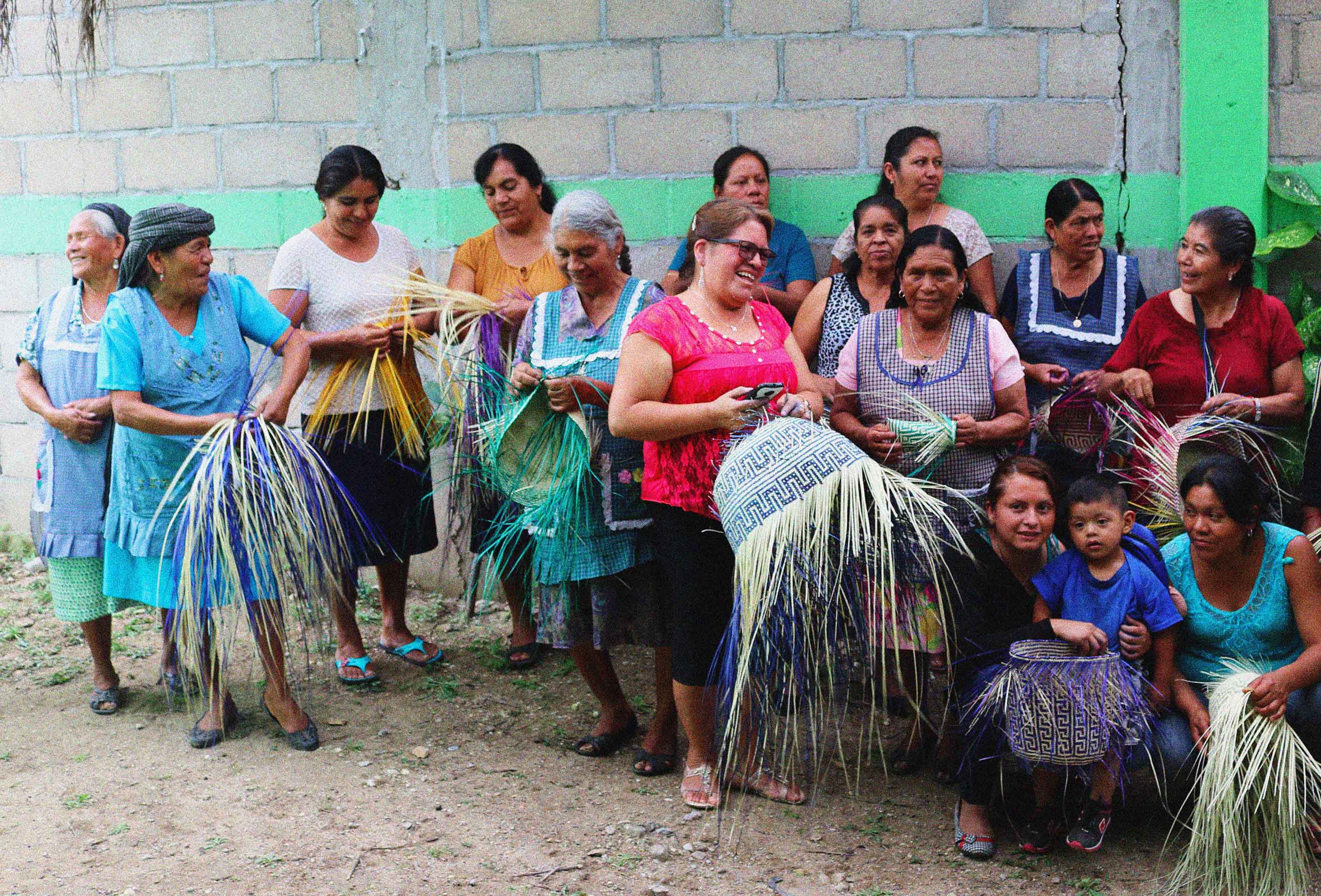


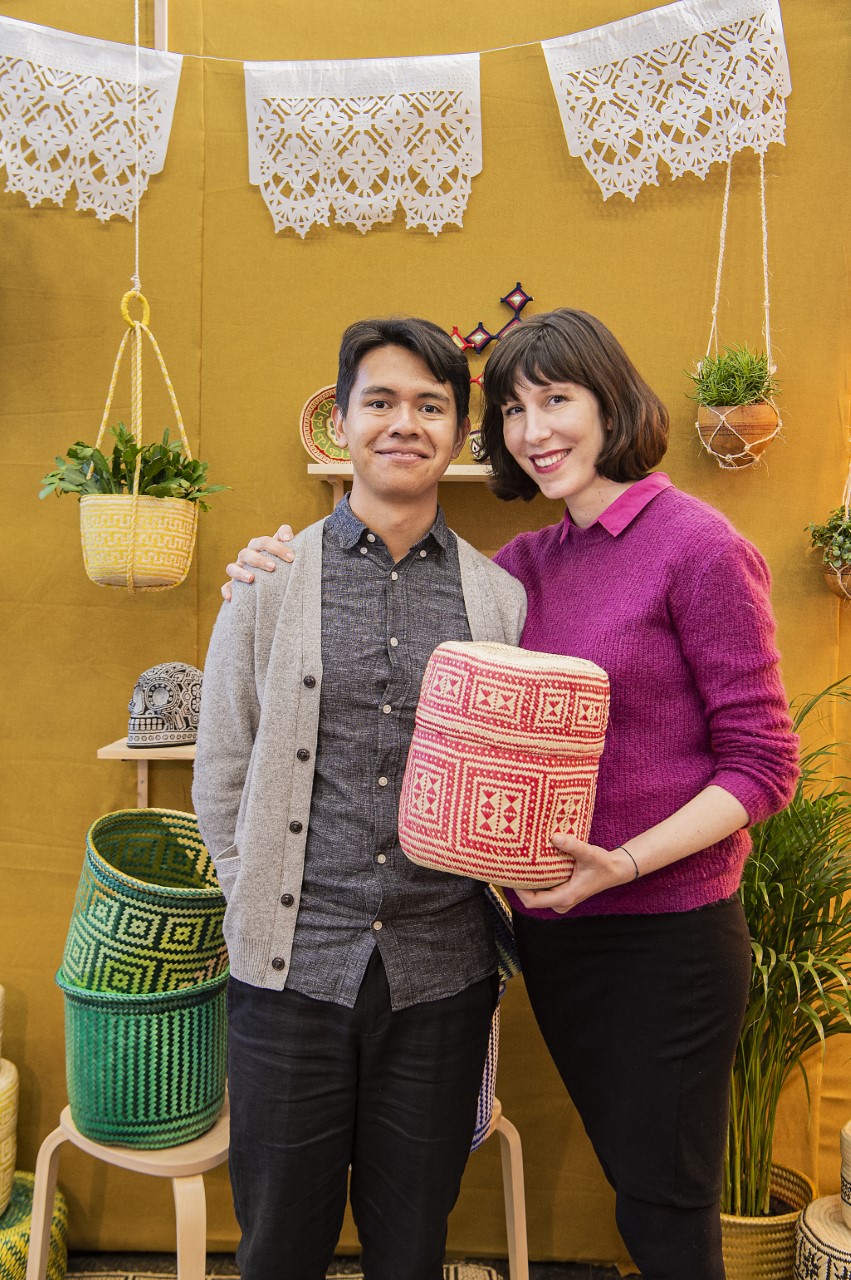
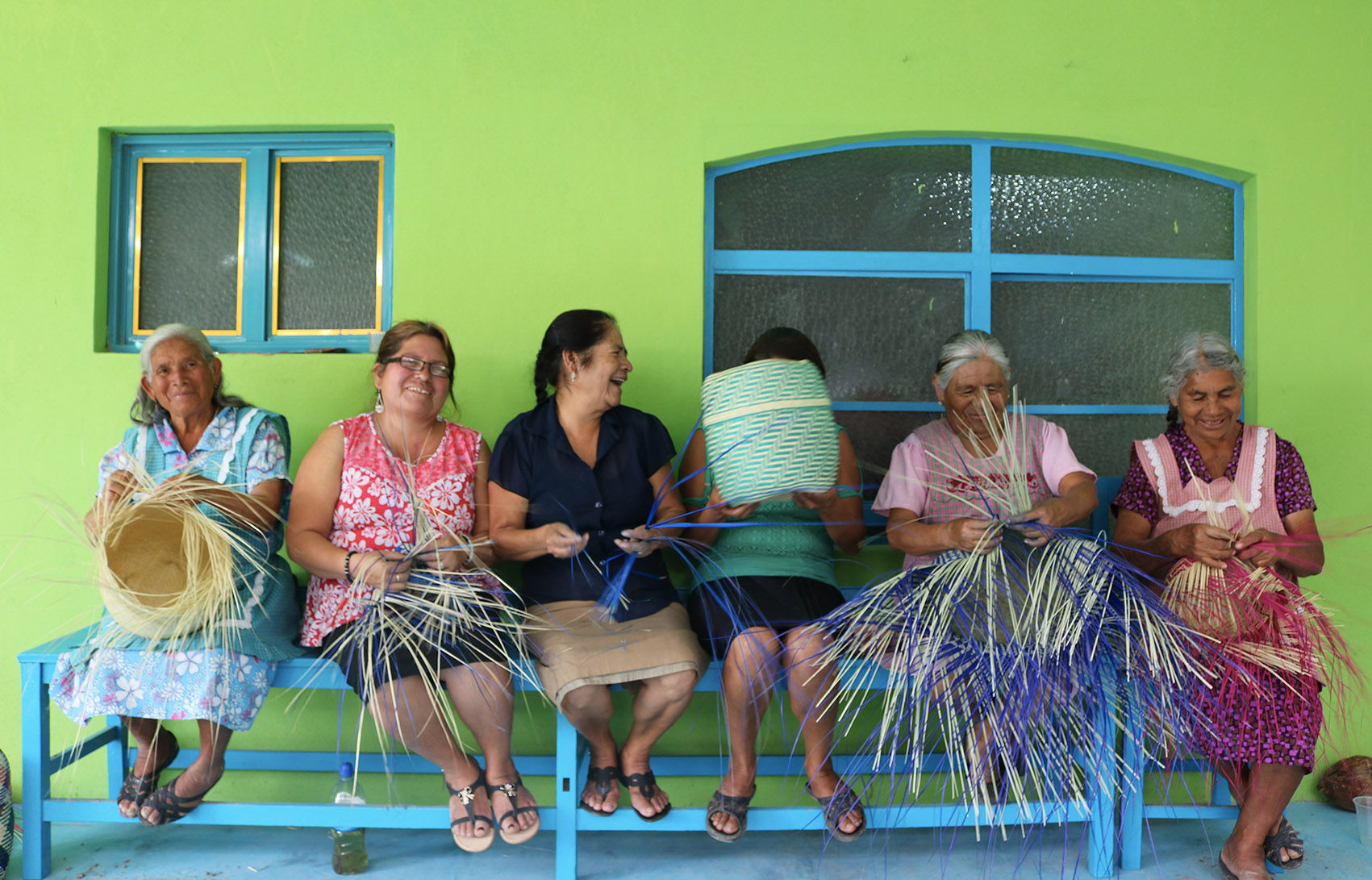
.jpg)
